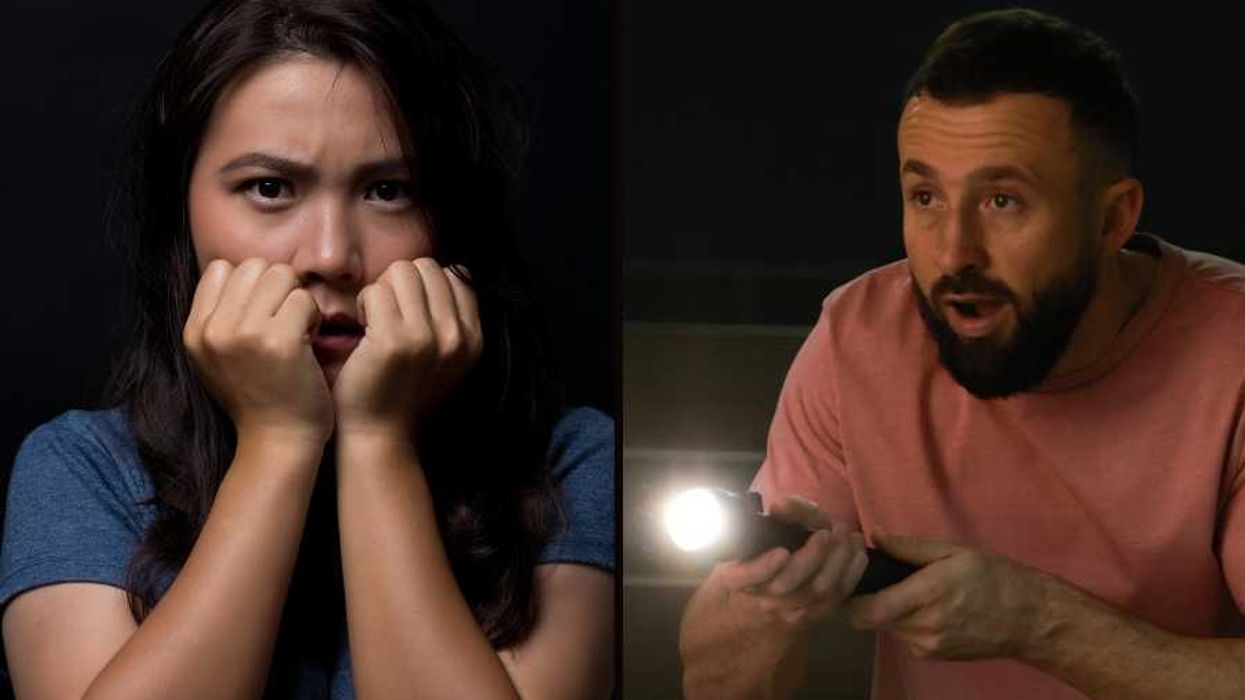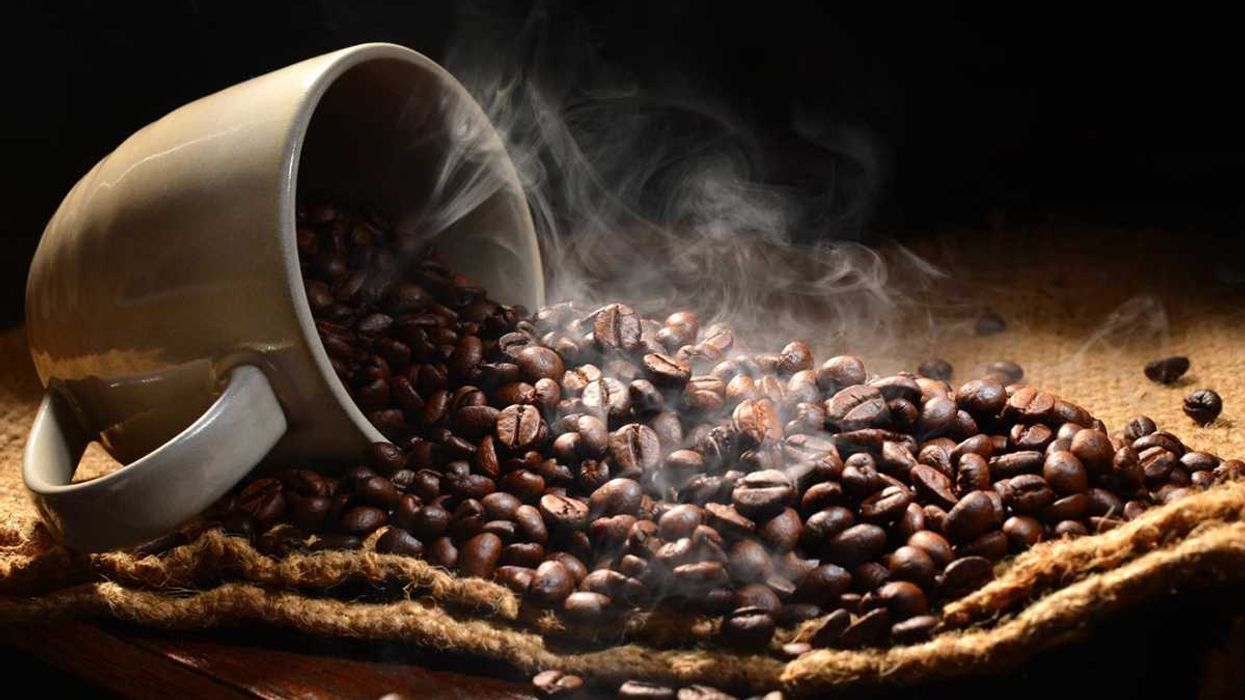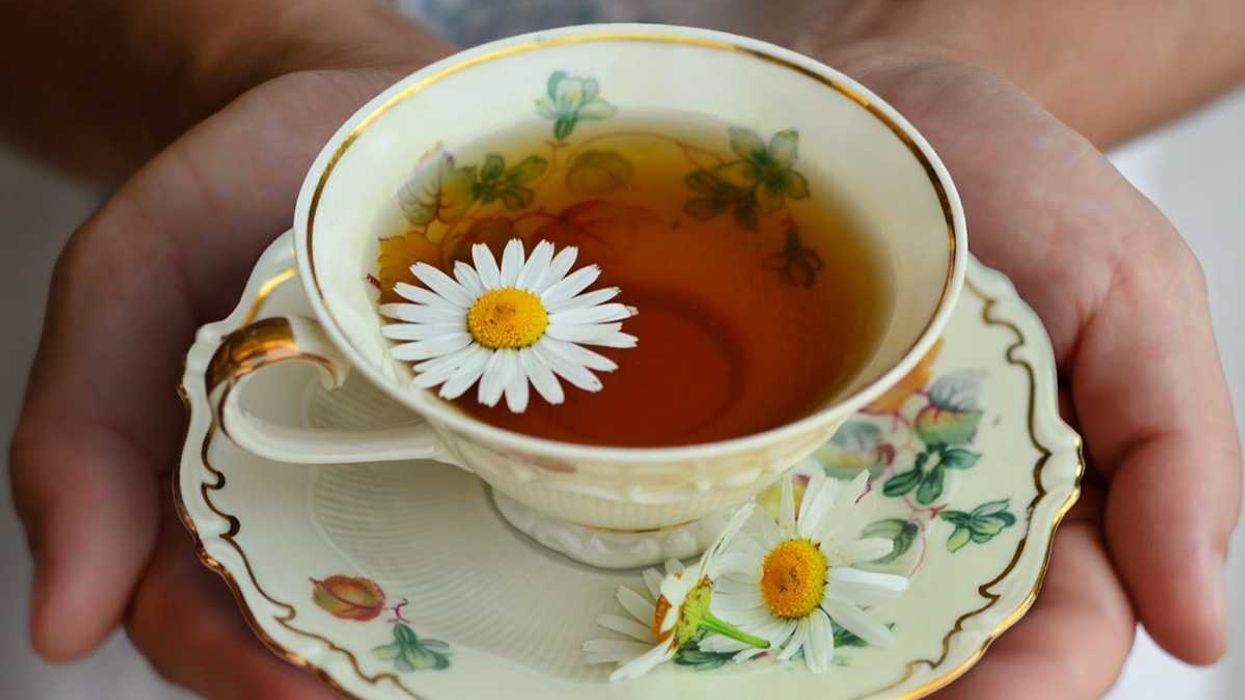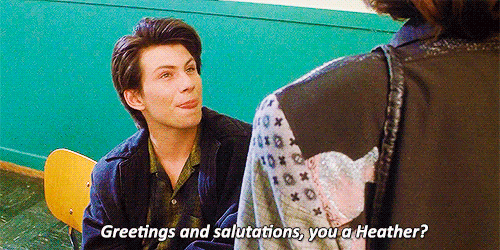CJ Sapong plays to his own beat. He’s a yogi, a dancer, and a gardener interested in spending his free time researching gardening and hydroponics. The Philadelphia Union forward has spent the past seven years leading the line in Major League Soccer while showcasing his larger-than-life personality. The former rookie of the year has two caps for the U.S. Men’s National Team and won the MLS Cup and the U.S. Open Cup with his former club, Sporting Kansas City, and now he’s trying to relive those highs in Philadelphia. He’s having one of his best seasons playing for the Union—he’s scored eight goals in 13 games—but what he really wants to talk about is food deserts and helping children in Philadelphia reach their potential through a better diet. He told his story to Kevin Koczwara.
Six years ago, I traveled to Ghana with a bag of soccer balls. I thought I was doing my part bringing them to kids less fortunate than me. My parents immigrated to the United States from Ghana and I wanted to give back to their home country.
The kids were ecstatic when I dropped off the balls. But the instant gratification subsided as the bigger kids stole the balls from younger ones, who were left crying. It made me wonder if I was really helping the situation. When I returned home, I started brainstorming better ways to have impact on and off the field. I wanted to find a way to give back to the community around me, where I could monitor the benefits and make something that lasted more than a few minutes.
My realization of how I could help came through my own setbacks. After some incidents that nearly derailed my career, improving my eating habits helped me get back on the field. My experience opened my eyes to the importance of diet, and as I looked around, I could see kids weren’t getting the nutrients they needed, either. But for them, it wasn’t a choice. In Philadelphia, the city I’ve come to call home. I could see food deserts depriving kids of their basic needs. So I began brainstorming ideas on how to bring healthy, nutritious food to less-fortunate children. I just needed to home in my vision and make something that empowered kids to take charge of their own diet while getting their hands dirty.
My journey began back when I still played for Sporting Kansas City. We were a young team on the rise, with a U.S. Open Cup win in my second season and an MLS Cup title in 2013. But in that MLS championship year, I was injured. During that season as I jumped for a routine header, I felt a knee in my back and then nothing. I collapsed. The trainers ran onto the field to try and revive me. It was a play that happens a dozen times a game, but this time something went wrong, horribly wrong. I was stretchered off the field but refused to sit out. I needed to get back on the field to help my team win, but it got worse from there.
What started out as an innocuous knock became a series of cascading injuries that short-circuited my body. If I turned my head too quickly while walking down the street, my neck would lock up and I’d be stuck. Sometimes my arm would flail as if it was controlled by someone else.
[quote position="left" is_quote="true"]I wanted to start growing my own food to enhance my diet.[/quote]
After working with team doctors and trainers didn’t work, I began researching ways to rejuvenate my body and heal it for the long-term. My reading took me down a path that extends beyond the playing field and into the garden.
I discovered that I needed to begin to treat my body better. Nutrients were the key to my recovery. I needed more iron in my diet, so, like any good millennial, I started taking supplements. I found myself feeling better and my body loosening up, but it wasn’t a total fix. The supplement and vitamin world is a messy place full of false advertising and larger-than-life promises—if a no-work fat-burning drug was created, it surely wouldn’t be available for less than $20 over the counter. So I looked at the food I was eating and discovered the benefits of microgreens.
After months of research into growing microgreens, which vary from cress to kale to sunflower sprouts and everything in between, I decided to buy my first hydroponics grow system. I wanted to start growing my own food to enhance my diet. After a few failed attempts where I worked out the kinks, I was on to something. Then, in 2014, I was traded to the Philadelphia Union.
The move to Philadelphia wasn’t easy. I got arrested for a DUI in May 2015—the DUI charges were dropped in April 2016—and missed time because Major League Soccer put me in a mandatory substance-abuse program. The time away from the game allowed me to work on my body and my garden experiment. It allowed me to dream up Sacred Seeds.
There is a serious problem in Philadelphia and other major cities with food deserts. A food desert is a part of a country—or a city, in a lot of cases—where access to fresh fruit and vegetables is nonexistent because of a lack of of grocery stores or farmers markets. Usually occurring in impoverished neighborhoods, food deserts have a negative impact on the people living in them. Research shows the importance of a healthy diet affects not only our bodies, but also our minds. A healthy diet helps quell things like anxiety, depression, lethargy, and behavioral issues. With that in mind, I wanted to combine my research into microgreens to help combat food deserts in Philadelphia.
I started to form a business plan. I worked on a plan to bring positive energy and the clear mind that a healthy diet and growing my own food had given me. The concept grew into a plan to build self-sustaining aquaculture microgreen-growing greenhouses across the city using recycled materials, like used and discarded tires dumped around the city. I found other institutions in Philadelphia like Temple University and Drexel University were interested in trying to push more nutritious food into schools around the city, and we have begun a partnership.
At first, we’re implementing hydroponics in the greenhouses but want to eventually move towards aquaculture in the greenhouses. By using aquaculture technology—where plants grow in an environment that is fed by fish that live in a tank under the grow pads, feeding the plants on constant loop while the plants provide nutrients back to the fish—the greenhouses would almost maintain themselves while providing children and neighborhoods with nutrient-rich food for their diets.
With Sacred Seeds initiative to grow food, we also also want the kids in Philadelphia to take ownership of it. I didn’t know about dieting and the importance of what I put into my body like I should have, and I was a professional athlete. We need to teach kids about food and feel the positive energy that comes with harvesting something you created. We want them to get their hands dirty, to dig and grow their food. Nothing tastes as good as the food you make and grow. There’s love in it. The best chefs in the world say love is a vital ingredient to making the best food. Even if you can’t see it, you can feel it and taste it. I want to give some love back to Philly.


















 Woman drinking in the morning air.Photo credit
Woman drinking in the morning air.Photo credit  Coffee.Photo credit
Coffee.Photo credit  A cup of tea.Photo credit
A cup of tea.Photo credit  Woman drinks morning brew.Photo credit
Woman drinks morning brew.Photo credit 

 Two young women hang out in a 1980s-themed roomCanva
Two young women hang out in a 1980s-themed roomCanva  Gif from the movie "Heathers" via
Gif from the movie "Heathers" via 

 Pictured: A healthy practice?
Pictured: A healthy practice?